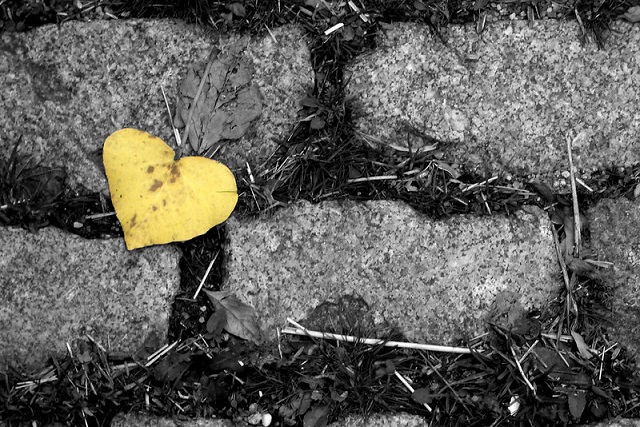Self-Care for BIPOC: Black, Indigenous, and People of Color & Tips for Allies
By: Natalie Rice-Thorp, Ph.D. | June 26, 2020

Co-authored by Natalie Rice-Thorp, Ph.D. and Estefani Mejia, B.A.
“I don’t know what to say” is a common theme in therapy rooms these days as people grapple with issues of injustice in Black communities. To say these times are difficult is an understatement.
When asked what we think about recent events and racial issues, we may pause, unsure where to start or what to say. Some wonder whether it’s safe to say what they think or if they will be heard. Sometimes, we just don’t know what to say when feeling angry, hurt, sad, scared, confused, tired, or anxious. You may want to take action but are not sure what action to take. If that sounds like you, you are not alone.
Self-Care Tips When You’re Hurting
It’s okay to tend to your wounds, to take time out, to recharge. Research on racial battle fatigue in Black men (Smith, 2007) exposed the physiological and psychological wounds arising from the extreme and persistent stress of having to manage racially hostile environments. It’s okay to grieve and cry. You can show bravery and strength and yet seek comfort in ways that work for you. Comfort might mean talking to a supportive person, spending time in nature, cuddling your pet, listening to music or something funny, praying, drawing, singing, or writing. It also includes talking to a therapist or to those who have gone before us for inspiration. In this time of COVID-19, you may need to get creative with your options for comfort, but don’t give up! Keep trying until you have a healthy way to find solace. If you can’t think of any, mental health professionals have lots of ideas and experience with this. Just ask us!
It’s okay to unplug, to take a break from the ever-present news cycle and information streams. Don’t worry, the information will be there when you get back. While practicing your comforting activity, take a break from your news feed and social media. It helps to take a break from unsupportive people, and that’s okay too.
It’s okay to break from being the expert all the time. Set healthy boundaries when others call upon you too much to represent your community. Just because you can do something does not mean that you must. You may feel the pressure of so much work to do yet feel emotionally and physically exhausted. Pace yourself and care for yourself. In times of intense events, do not forget basic self-care such as hydrating and eating regularly, sleeping, and exercising. Remember: To care for your community you must care also for yourself.
When You’re an Ally
It’s okay not to know what to say in the moment. When you see a friend hurting and don’t know what to say, just be there, be present, and acknowledge their pain. You don’t need an eloquent monologue ready about racial injustice. More power follows from listening and allowing others to be heard. You might say “I don’t know what to say, but I care about you and I’m here for you.” Such admissions may not seem like much but can speak volumes and feel validating and comforting to your friend. Let friends take the lead. They might want to talk; they might want you to distract them; they might just need some alone time. What they need can differ at different times in their grieving process.
It’s best to let education be your power. Resist the urge to ask friends of color to educate or explain issues. They likely have their hands full of similar requests while processing their own grief and trauma during a pandemic that disproportionately impacts BIPOC. In this digital age, resources abound for increasing your knowledge on the subject including podcasts, videos, articles, and books. If you feel uncomfortable as you explore resources, challenge yourself to sit with that discomfort and continue to engage in learning from the materials.
What to do when you want involvement. Your news feeds may overflow with what others do such as protesting and participating in clean-up efforts. It is our human nature to compare ourselves to others, particularly in times of uncertainty. You may bear negative thoughts about yourself compared to others. Rather than follow those thoughts down a rabbit hole and end up frozen, try taking a step back. Ask yourself what feels right for you, your unique abilities and particular situation. Are you good with kids, animals, art, or organizing? Consider donating to organizations or signing petitions. So many ways exist for you to contribute! And no time limit exists for contributions, our communities need allies and support year-round.
These painful and layered issues enjoy no quick or easy answers. Witnessing current events can trigger and intensify existing traumatic grief or race-based trauma or stress. Moving forward in our struggle requires caring for ourselves and our communities. If you, or someone you know could benefit from additional support, or trauma therapy, please reach out to a qualified mental health professional who can provide a safe space for you to process your thoughts and feelings and explore the right ‘next steps’ for you. We know it isn’t easy to reach out for the first time, and we honor the courage it takes to do so. We look forward to meeting with you soon.
Smith, William A.; Allen, Walter R.; Danley, Lynette L. (2007). “Assume the Position . . . You Fit the Description”. American Behavioral Scientist. 51 (4): 551–578.
Image: *brilho-de-conta on flickr and reproduced under Creative Commons 2.0



